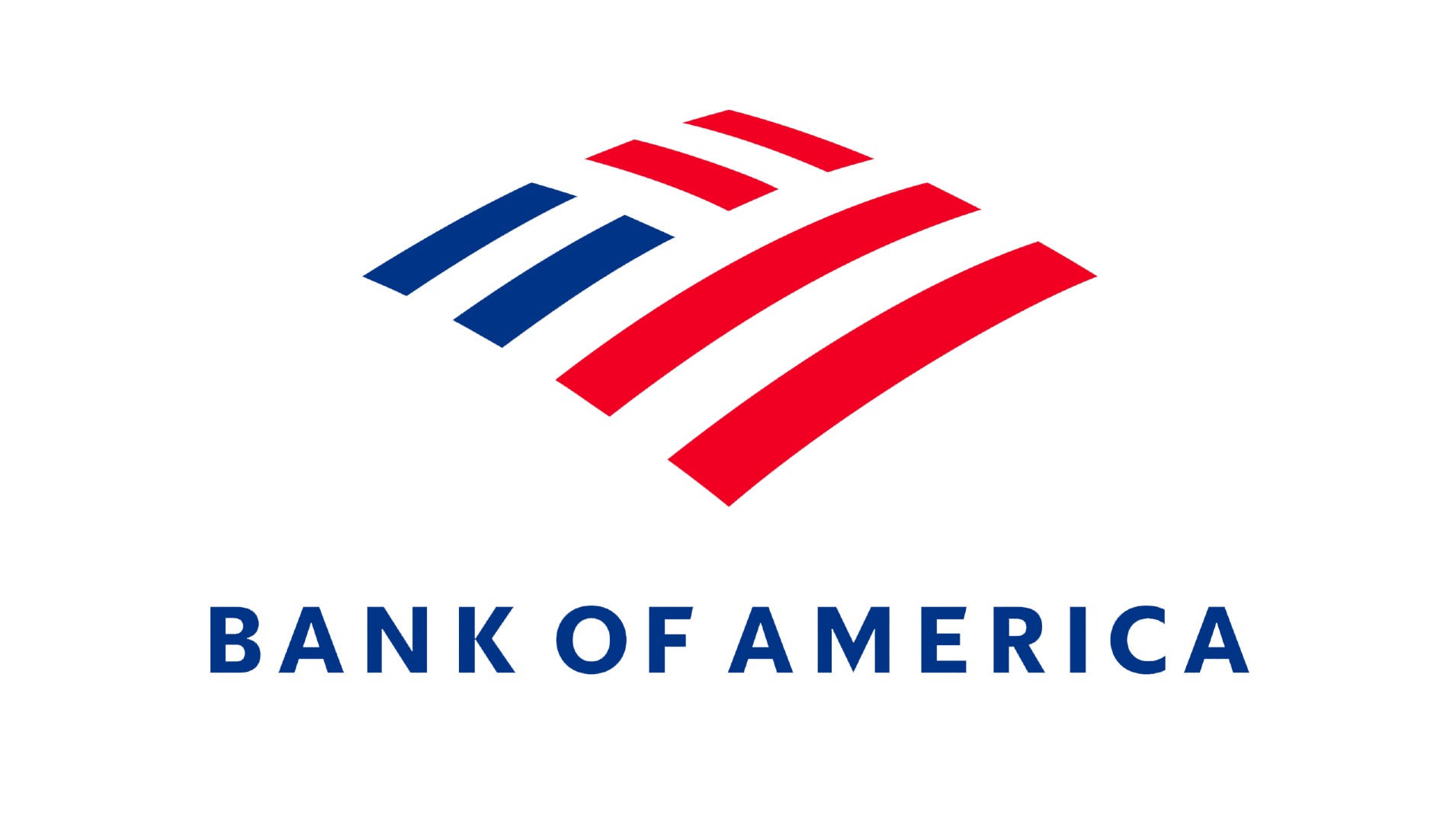Block has agreed to pay a $40 million penalty to the New York State Department of Financial Services (DFS) over its inadequate anti-money laundering (AML) programme.
The DFS, which is the agency responsible for regulating financial services and products within the US state, also fined the mobile payments company for failures to comply with virtual currency regulations on its Cash App platform.
Block is a financial services business that owns and operates Cash App, a peer-to-peer money transfer service that allows users to send and receive fiat currency.
The company has been authorised by the Department to conduct money transmission business in New York State since 2013 and virtual currency business through Cash App since 2018.
On Thursday, the superintendent of financial services, Adrienne A. Harris, imposed the penalty for violations of the Department's regulations regarding money transfer and virtual currency.
The Department's investigation revealed what it described as serious deficiencies in the programme, including inadequate customer due diligence, failure to implement sufficient risk-based controls to prevent money laundering and illicit activity, and failure to monitor transactions effectively and in a timely manner.
In particular, the regulator said Block’s processing of high-risk Bitcoin transactions allowed largely anonymous transactions to proceed without adequate scrutiny.
According to the Department, Block's rapid growth between 2019 and 2020 contributed to a serious backlog of suspicious transactions which Block left unaddressed for a significant period of time, creating an environment vulnerable to criminal exploitation and leading to an increased risk of money laundering.
“The rapid growth of Block’s Cash App absent a robust compliance function created risk and vulnerabilities that violated the rules financial services companies operating in New York must adhere to,” Harris said.
In addition to the monetary penalty, Block will be required to retain an independent monitor to verify improvements in compliance and demonstrate future compliance with Department regulations.
Harris emphasised that compliance functions must keep pace with the growth or expansion of the company.
“All financial institutions, whether traditional financial services companies or emerging cryptocurrency platforms, must adhere to strict standards that protect consumers and the integrity of the financial system,” she added.
Latest News
-
Gemini to cut quarter of workforce and exit UK, EU and Australia as crypto slump forces retrenchment
-
Bank ABC’s mobile-only ila bank migrates to core banking platform
-
Visa launches platform to accelerate small business growth in US
-
NatWest to expand Accelerator programme to 50,000 members in 2026
-
BBVA joins European stablecoin coalition
-
eToro partners with Amundi to launch equity portfolio with exposure to ‘megatrends’
Creating value together: Strategic partnerships in the age of GCCs
As Global Capability Centres reshape the financial services landscape, one question stands out: how do leading banks balance in-house innovation with strategic partnerships to drive real transformation?
Data trust in the AI era: Building customer confidence through responsible banking
In the second episode of FStech’s three-part video podcast series sponsored by HCLTech, Sudip Lahiri, Executive Vice President & Head of Financial Services for Europe & UKI at HCLTech examines the critical relationship between data trust, transparency, and responsible AI implementation in financial services.
Banking's GenAI evolution: Beyond the hype, building the future
In the first episode of a three-part video podcast series sponsored by HCLTech, Sudip Lahiri, Executive Vice President & Head of Financial Services for Europe & UKI at HCLTech explores how financial institutions can navigate the transformative potential of Generative AI while building lasting foundations for innovation.
Beyond compliance: Building unshakeable operational resilience in financial services
In today's rapidly evolving financial landscape, operational resilience has become a critical focus for institutions worldwide. As regulatory requirements grow more complex and cyber threats, particularly ransomware, become increasingly sophisticated, financial services providers must adapt and strengthen their defences. The intersection of compliance, technology, and security presents both challenges and opportunities.
© 2019 Perspective Publishing Privacy & Cookies














Recent Stories